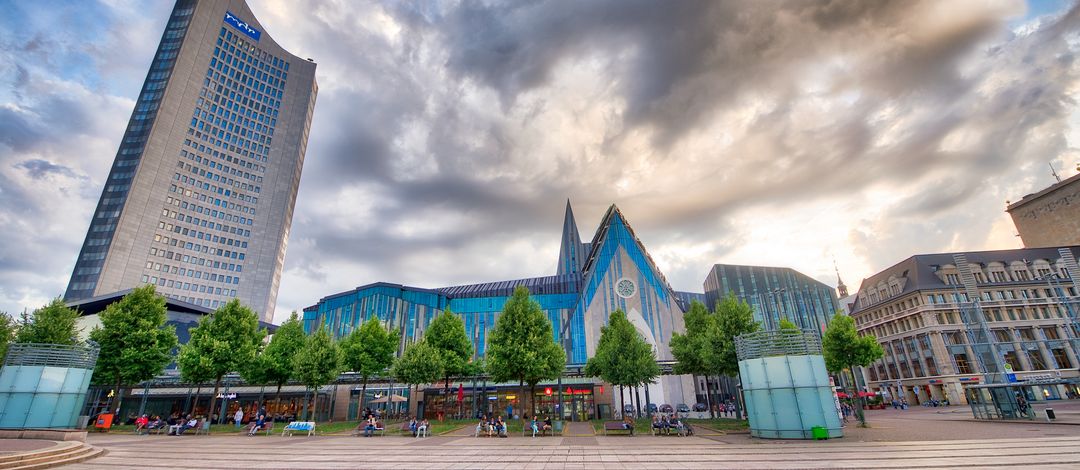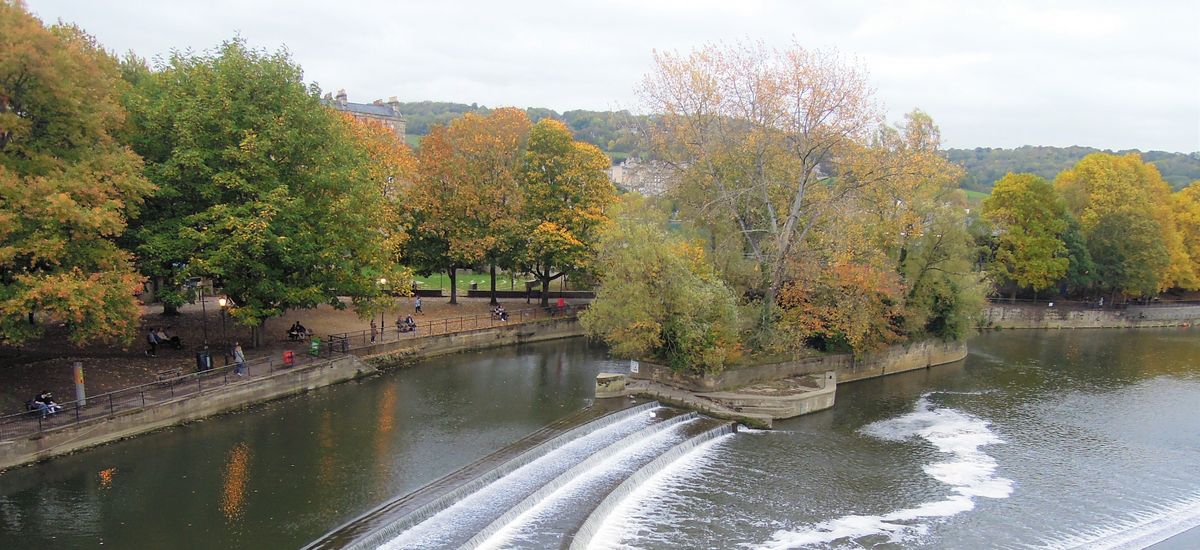Teaching
Courses
Modules for Bachelor Studies
Students of the University of Leipzig can take the following bachelor module at the Chair of Water management and climate adaptation.
Brief description: In addition to providing an overview of some of the main pressures facing environmental media and associated regulatory approaches, the basic instruments of corporate environmental management are taught with regard to the qualification objectives of the module. Furthermore, challenges associated with determining and evaluating the environmental performance of one's organization, the interaction of environmental management tools with other focused management systems, and those tied to the implementation of environmental management systems are discussed alongside solution approaches in a seminar context. The module includes the following courses:
- Lecture "Environmental Protection
- Lecture "Operational Environmental Management
- Exercise "Operational Environmental Management
Frequency: Every winter semester
Language: German
Modules for Master Studies
Students of the University of Leipzig can choose between the following master modules at the Chair of Water management and climate adaptation.
Short description: The module teaches basic sustainability and systems theory concepts from various subject-specific perspectives. Using climate change mitigation as an example, complex cause and effect relationships between socio-economic activities and climate impacts are explained and analyzed with the help of integrated assessment modeling.
Frequency: Every winter semester
Language: English
Short description: The management of environmental resources is discussed in this module using the example of water as a resource. The starting point is the question of who, and with which instruments, can goods provided with the resource be managed best. Characteristic resource conflicts are highlighted, an overview of valuation issues and valuation procedures is provided, the use of important forecasting tools is addressed, and possible decision criteria for conflict situations are discussed. Practical examples will be used to reinforce the acquired knowledge. The module includes the following courses:
- Lecture "Water Resources Management
- Lecture "Economic Aspects of Water Resources Management
- Seminar "Water Resources Management
Frequency: Every summer semester
Language: English


